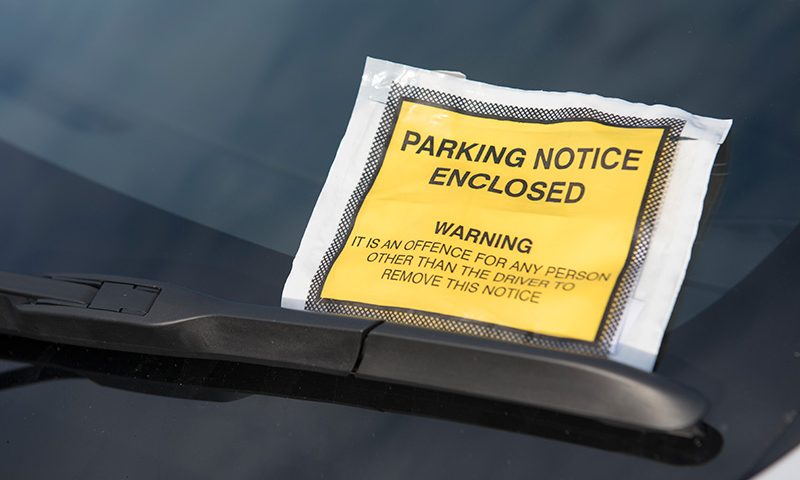Drivers having to pay out £200K an hour in fines

Drivers in the UK were hit with an astonishing £1.6 billion in council fines last year, with campaigners calling the penalties ‘grossly unjust’.
This works out to be a whopping £200,000 an hour, from careless drivers and parking fines.
The most common slip-ups came from drivers caught overstaying parking restrictions and driving in bus lanes.
But are these motoring misdemeanours always down to careless driving, or does poor signage have a part to play?
England’s most expensive junction
Government figures, made public by a Freedom of Information request, found Bank junction in London to be the most expensive road for English drivers, bringing in nearly £11 million a year in fines.
New CCTV measures were brought to the six-way intersection in 2017 after a string of collisions, including the death of 26-year-old cyclist Ying Tao. Any driver now caught speeding at the intersection is fined £130, or £65 if paid within 14 days.
Other high-earning roads for local councils include Surbiton Crescent in the London Borough of Kingston, Slough high street and Shakespeare Street in Newcastle, which brought in £116,492 from 3,244 charges.
However, there are arguments among motorists that traffic penalties are not always fair.
Parking fines raking it in
It’s estimated parking fines accounted for around £376 million of the national total, with driving in bus lanes, stopping in box junctions and other traffic violations making up the rest.
What these figures don’t account for is the parking fines from private companies which have seen their profits sky rocket in recent years, with Euro Car Parks revealing that they’ve seen their pre-tax profits rise by 70% year on year.
Despite having a less than stellar reputation in the market these companies don’t look like they’ll be shedding their treatment of ‘cash cow’ motorists any time soon with profits.
Poor signposting to blame?
Poor signposting could be contributing to unnecessary traffic penalties, suggests the Alliance of British Drivers (ABD).
Hugh Bladon, a founding member of the organisation commented: “Often these restrictions are not particularly well signposted, and can be very easy to miss.
“People who end up getting caught a lot of the time are not the locals, who are aware of the schemes, but visitors concentrating on being safe on the roads.
“It is grossly unjust that in the majority of cases people are being fined for what is a simple mistake.”
Despite claims that traffic restrictions can be poorly signposted, 62% of drivers admit to being confused by road signs.
How many of the UK’s most confusing road signs would catch you out?


